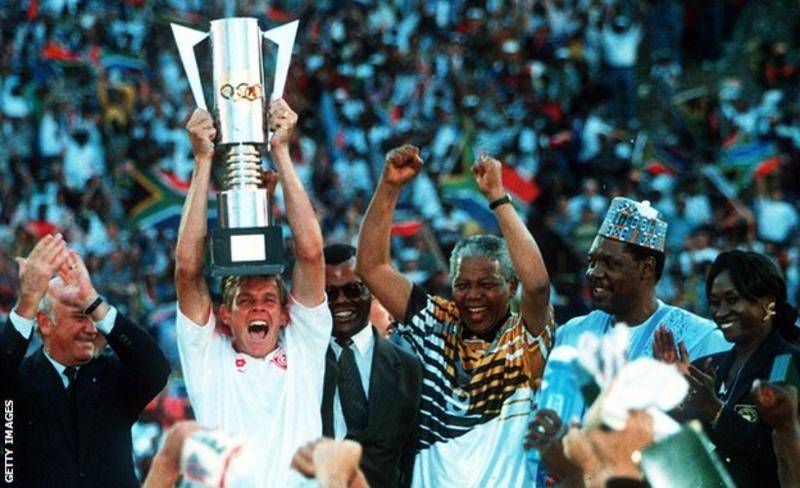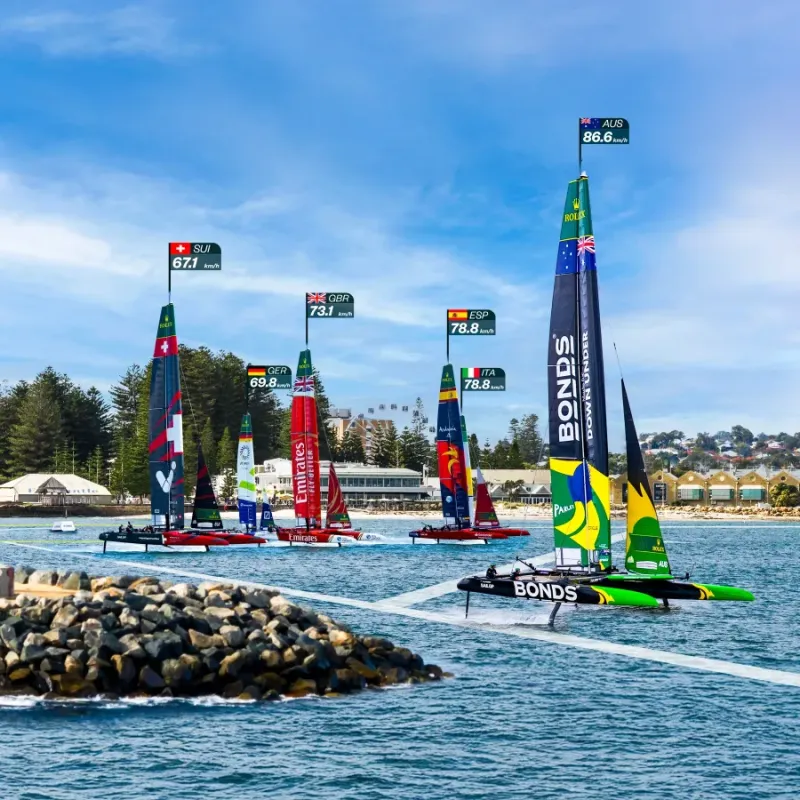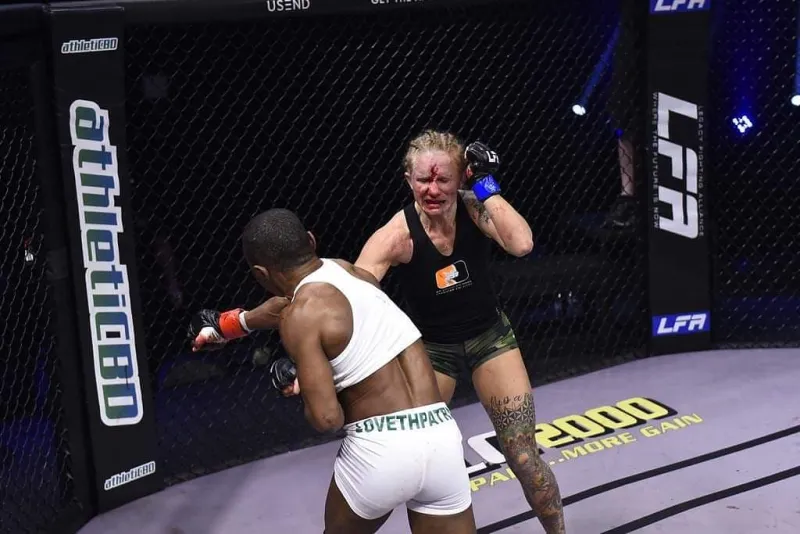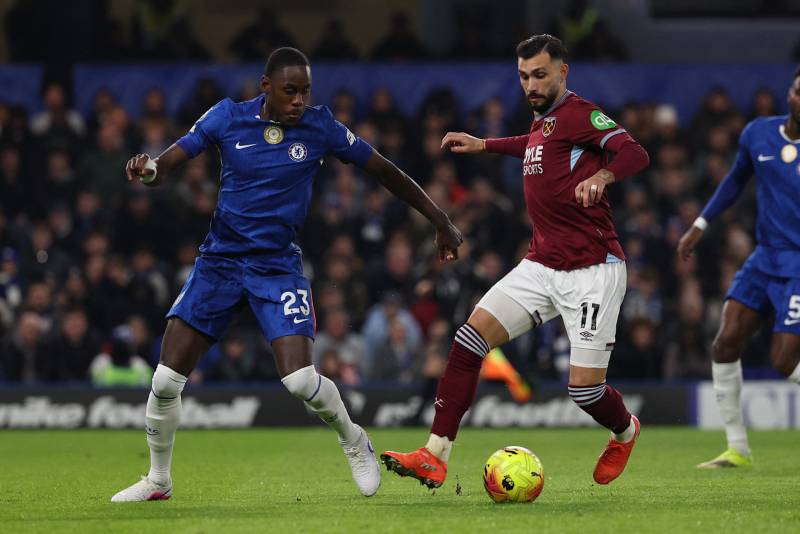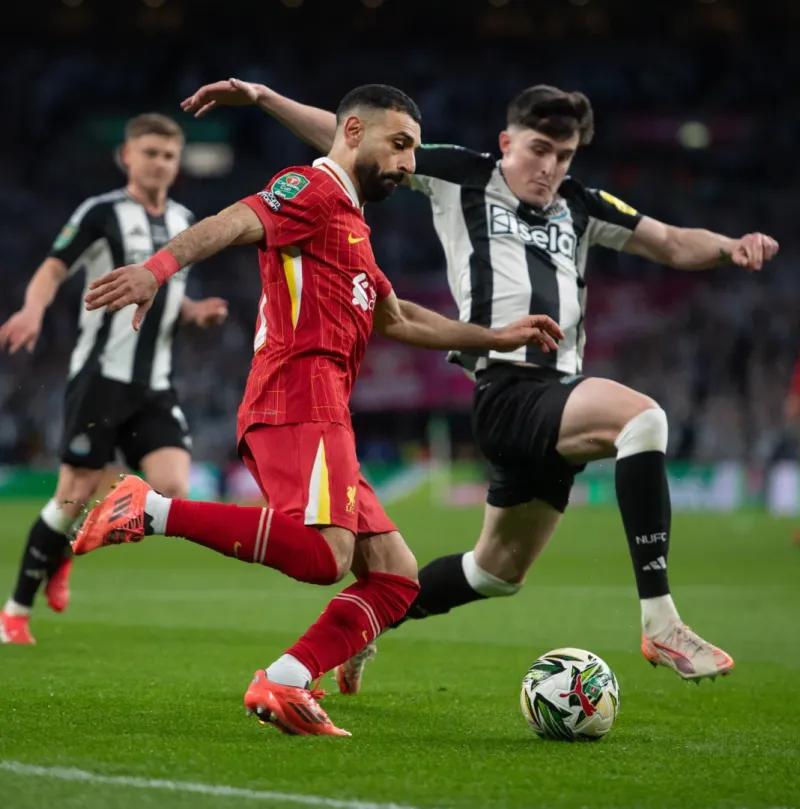The Africa Cup of Nations was not scheduled to be held in South Africa in 1996.
Kenya had been assigned as the tournament's host country, but they backed out 14 months before the event, claiming it would cost six times as much as they had anticipated. As a result, the Confederation of African Football had to go elsewhere in November 1994.
Nelson Mandela had been elected president of South Africa in the country's first democratic elections earlier that year, in April.
The country's football squad had only recently returned to the world stage, having been re-admitted to Fifa after the creation of a new multi-racial football organization in 1991, as the apartheid system began to crumble.
South Africa was picked as the substitute host country. They were never expected to win, however. Early results following their readmission in 1991 were so terrible that their FA's general secretary, Solomon Morewa, burst into tears.
The Africa Cup of Nations (Afcon) would be unique. The transformational events of the 1990s, which demolished more than three centuries of white rule in South Africa, swept up football with their irresistible force.
The narrative of the country's incredible Rugby World Cup victory as hosts in 1995 is well remembered.
However, many who represented the fledgling democracy in the Afcon of 1996 believe that this win had an even greater impact.
South Africa's first opponent was Cameroon. On January 13, 1996, they gathered at Soccer City stadium, just outside Soweto, where thousands of students had marched against white minority rule 20 years before, with hundreds slain in the police response.
Neil Tovey was 33 years old. He made his international debut in July 1992, just after his 30th birthday, as a defender for domestic side Kaizer Chiefs. That was in his country's debut match as a multi-racial, really national squad, which they also won 1-0 against Cameroon.
"If you'd asked the squad and me before the tournament if we could win it, I'm not sure we would have said we could," Tovey says on the BBC World Service's World Football podcast.
"Neither the fans nor the players had any prior experience with international tournament football." But as the competition progressed, the country came to life.
President Mandela, whose clan name was Madiba, paid the first of several visits to the team the day before their first match.
Another member of the South African squad was Lucas Radebe, who played for Leeds United at the time. Meeting Mandela was virtually a holy experience for him.
"We never knew what his face looked like when we were kids," he explains.
"We had an old picture of him when he was young, but when he came to see us in camp, that's when 'Madiba Magic' happened." He exuded such a positive energy. We were at a loss for words.
